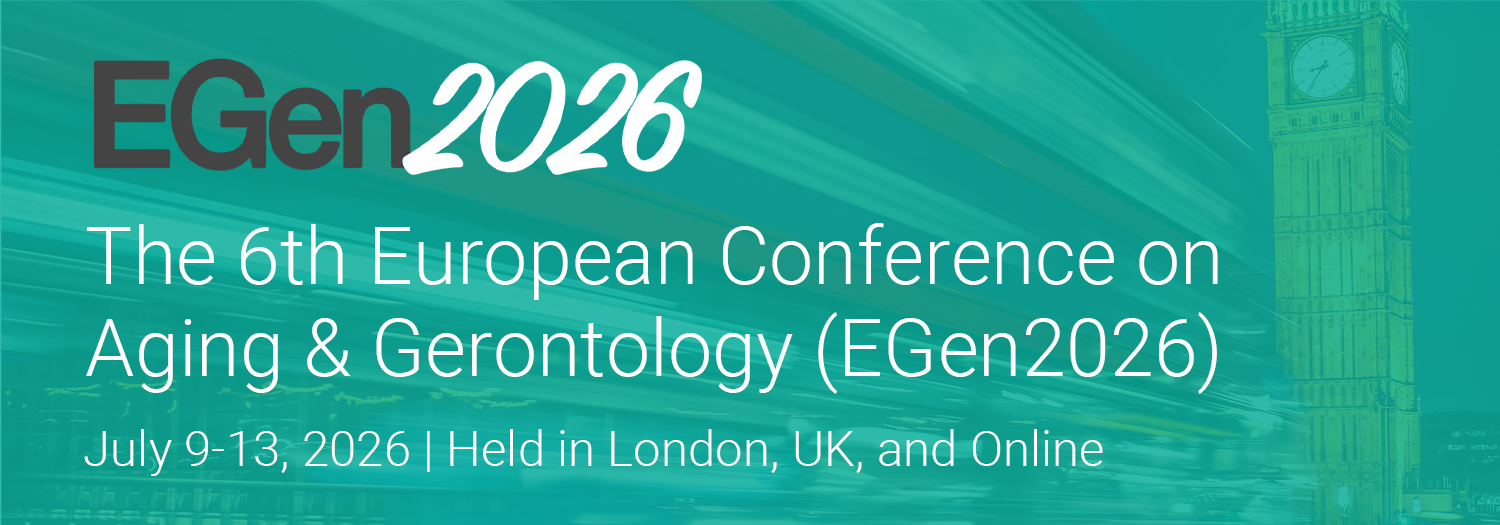The global humanitarian crisis of refugee and forced migration flows is among the most pressing challenges to domestic and international governance. Securing access to higher education is among the most intractable challenges faced by refugees. Yet, securing higher education rights for refugees is critical not only for refugees’ self-empowerment, but also for the peaceful development of communities. Despite this, barriers remain prevalent. This research focuses on four of the most positive national governance provisions in Canada, Norway, and Australia, and the existing policy for access to higher education for North Korean refugees in South Korea. It is notable that these four countries are identified as middle powers, and middle powers often provide the impetus for global governance reform as an aspect of their niche diplomacy. Indeed, global governance reform represents a ‘noble opportunity’ for a middle power not only to aid the most vulnerable individuals and groups, but also raise its own prestige and influence on the international stage by complying with the norms of the liberal international order. Hence, the position of these case studies represent one of the most promising avenues for overcoming governance challenges related to both the humanitarian crisis and the transition to peaceful cosmopolitan societies.
Read presenter's biographyProviding Access to Higher Education for Refugees: Challenges and Benchmarks

